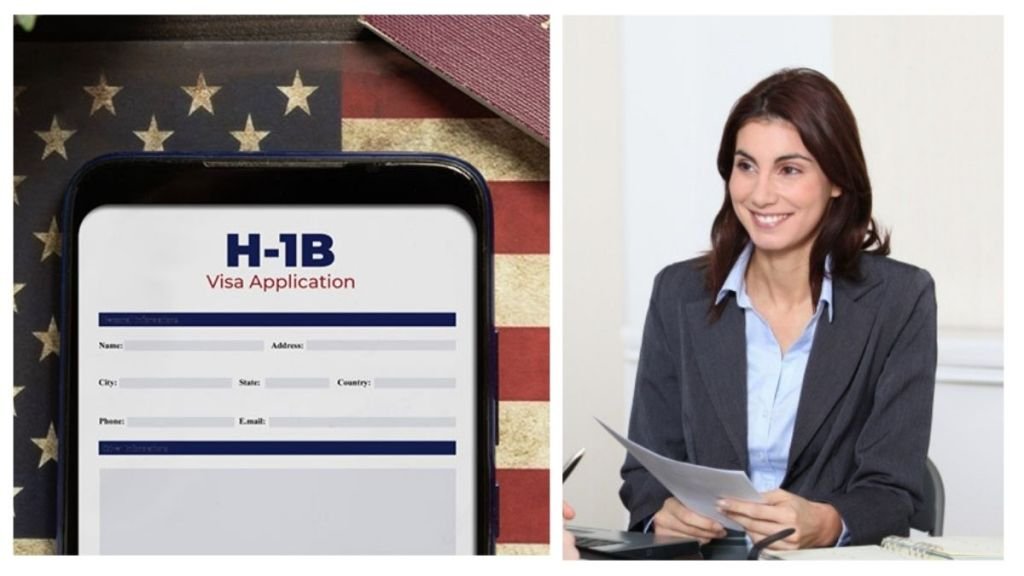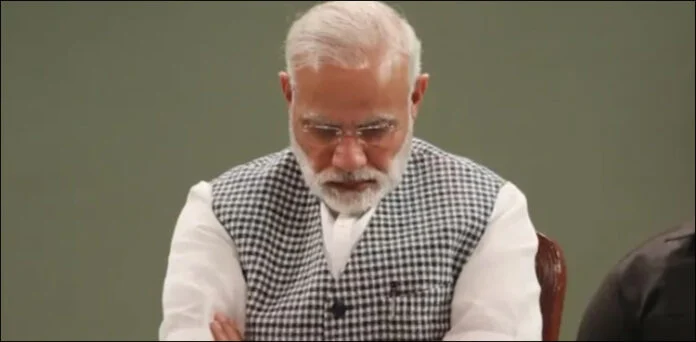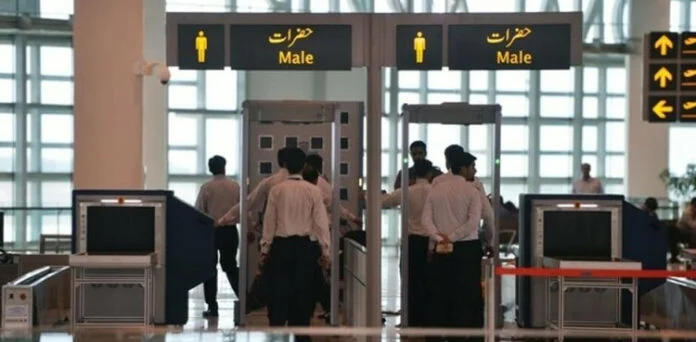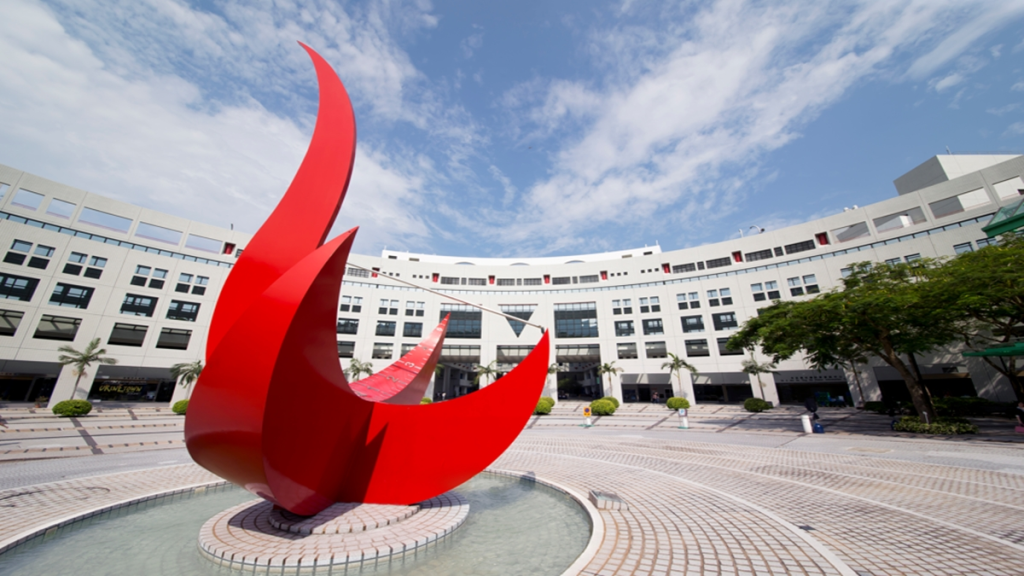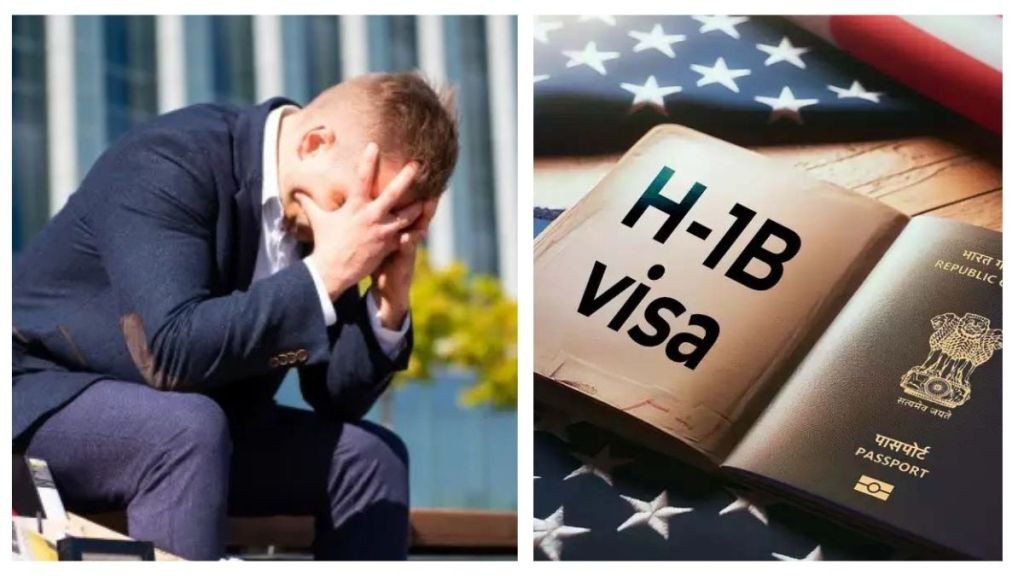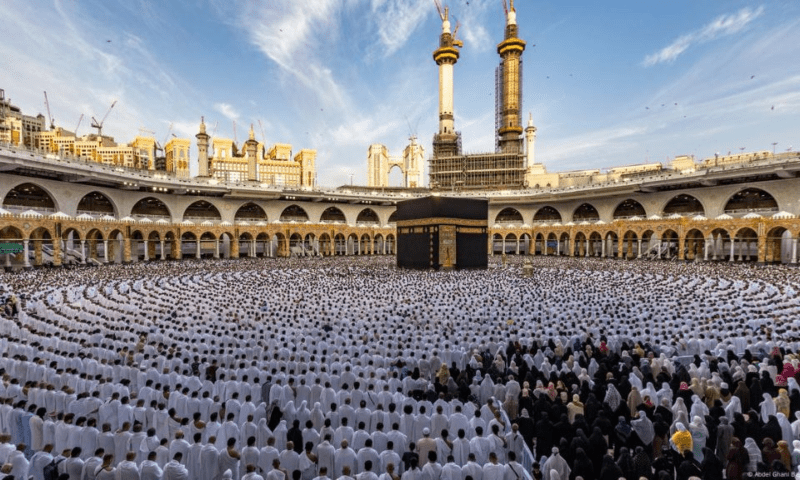
The U.S. Department of State has issued a travel advisory for American citizens planning to visit Saudi Arabia for Hajj or Umrah in 2025. Pilgrims are required to follow official guidelines and book their Hajj arrangements exclusively through the Nusuk platform to avoid legal issues such as fraud, detention, or deportation.
Millions of Muslims perform Hajj during a specific time in the Islamic calendar and Umrah throughout the year. In 2025, U.S. authorities are placing added emphasis on traveler awareness due to recurring issues involving scams, unlicensed agents, health concerns, and immigration violations.
All pilgrims, including U.S. citizens residing in or outside Saudi Arabia, must secure their Hajj visa and permit through the official Nusuk platform at Nusuk.Hajj.gov.sa. Using unauthorized travel agents or processing payments outside this platform is prohibited and may lead to deportation, fines, or a ban from future travel to Saudi Arabia. The Nusuk platform is the only official source for Hajj packages, insurance information, required mobile applications, and vaccination details.
During the Hajj period, travelers who enter Saudi Arabia for pilgrimage are not allowed to exit the country until the pilgrimage is completed. In case of emergencies, early departure is only possible with special approval from the Ministry of Hajj and Umrah.
The advisory warns of scams involving fake Hajj visas, unauthorized travel packages, and fraudulent guides who have left pilgrims stranded. Pilgrims are also advised not to hand over their passports to hotels and to remain alert in crowded areas such as Mecca and Medina, where pickpocketing can occur. It is recommended that travelers carry copies of important documents and keep emergency contact information accessible.
For 2025, Umrah may be performed with a tourist or Umrah visa, but Hajj requires a visa obtained only through the Nusuk system. Overstaying any of these visas can result in detention, heavy fines, and bans from re-entry. These visas do not allow holders to work or reside in Saudi Arabia. Non-Muslims are not allowed to enter Mecca or the sacred areas of Medina.
Women are now allowed to perform Hajj without a male guardian. While most religious sites are accessible, many hotels and transportation services may not be, so planning ahead is necessary for those with mobility needs.
Photography rules are strictly enforced. Travelers should avoid taking photos of people without their consent and must not photograph government buildings or security personnel. Violations can result in fines or confiscation of devices.
With temperatures in Mecca expected to exceed 105°F (41°C) in June 2025, pilgrims are advised to stay hydrated, wear lightweight and breathable clothing, use sun protection like hats or umbrellas, and take regular breaks during the hottest parts of the day.
U.S. citizens are encouraged to register with the Smart Traveler Enrollment Program (STEP) for real-time alerts and updates from the U.S. embassy or consulate. Relevant updates can also be found on official channels such as @KSA_ACS and @TravelGov.
The U.S. government can provide assistance with emergency passport replacement, help with lost green cards, connect detained or hospitalized travelers with family, and offer referrals for medical or legal services. However, it cannot override local laws or prevent enforcement actions taken by Saudi authorities.


